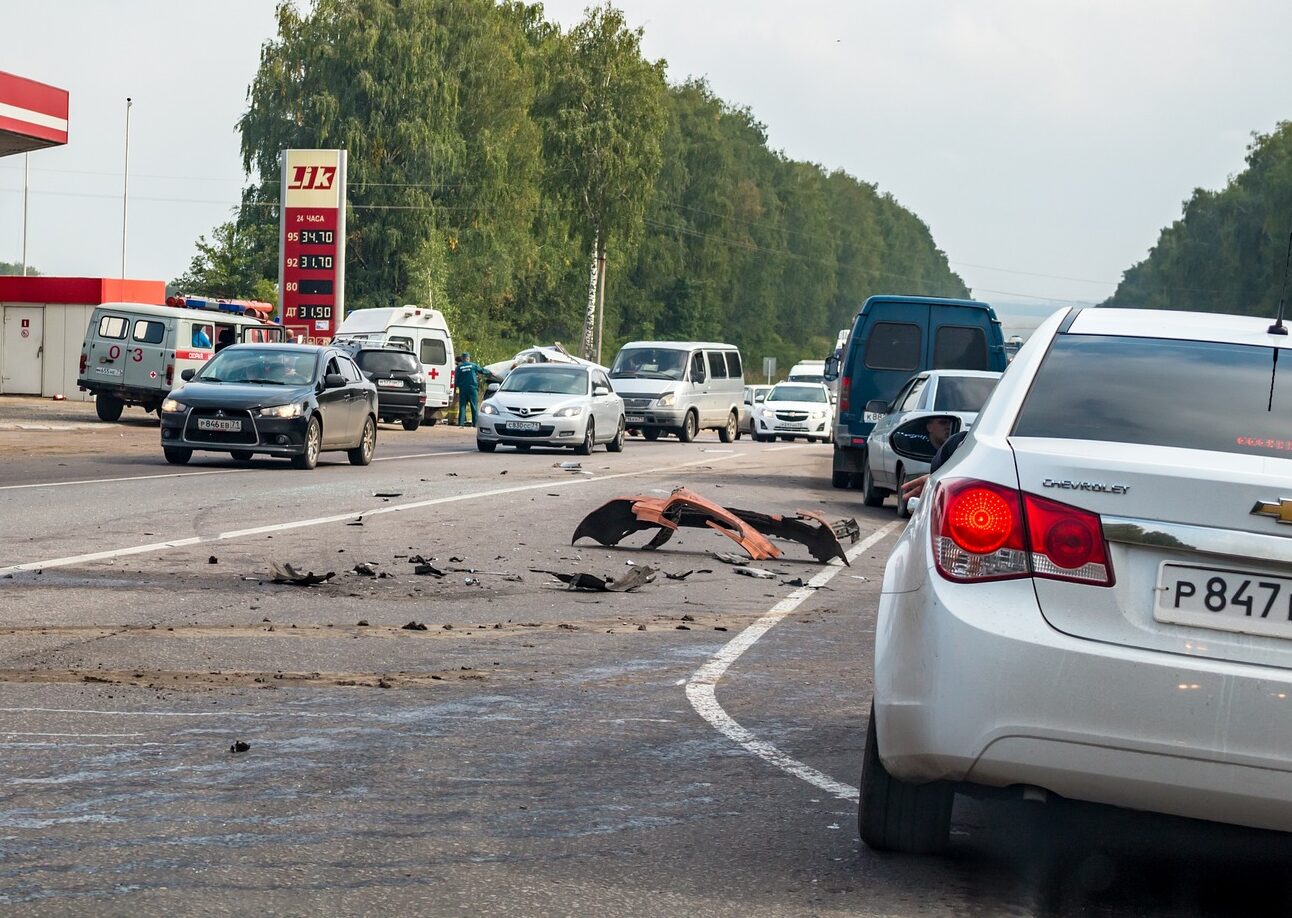Accidents happen in the blink of an eye, often leaving those involved disoriented and overwhelmed. Knowing what to do in the immediate aftermath is crucial, whether it’s a car accident, a slip and fall, a workplace incident, or any other type of accident. Taking the proper steps can ensure your safety and protect your legal rights and potential compensation claims. This comprehensive guide discusses the seven most important things to do after an accident to help you navigate the situation with confidence and efficiency.
Consult an Attorney
Consulting with an attorney is essential in some cases, especially if you believe the accident resulted from someone else’s negligence and seek compensation. If you’ve been harmed due to another party’s negligence, consult a personal injury attorney. They can assess your case and guide you on your legal options, representing your interests. In the case of a car accident, a car accident lawyer specializes in navigating the complexities of auto accident claims, including dealing with insurance companies and pursuing legal action if necessary. If your accident occurred on the property of another, a premises liability attorney can help you determine if the property owner’s negligence played a role and assist in pursuing compensation. For work-related accidents, a workers’ compensation attorney can guide you through filing a claim, helping ensure you receive the benefits you’re entitled to. Consulting a legal practitioner can help you understand your rights and options, especially when dealing with significant injuries, property damage, or a complex legal situation.
Ensure Safety First
In the aftermath of an accident, the primary concern is the safety of everyone involved. Assess yourself and others for injuries. If someone is seriously hurt, call 911 immediately. Move yourself and others out of harm’s way if possible and safe. For example, in a car accident, move your vehicle to the side of the road if it’s obstructing traffic. If you’re in a vehicle, activate your hazard lights, alerting other drivers to the accident. Stay as calm as possible, and encourage others to remain composed. Panic can exacerbate the situation.
Seek Medical Attention
Even if you believe your injuries are minor, seeking medical attention after the mishap is essential. Some injuries are not immediately apparent but could worsen over time. Remember that even if you feel fine right after the accident, some injuries may have delayed symptoms, so seeking medical attention for a thorough evaluation is crucial. Call an ambulance if someone is severely injured or there’s any doubt about the extent of injuries. Get a medical evaluation as soon as possible, either at the accident scene or by visiting an emergency room or urgent care center, or even a primary care physician. Comply with all medical advice as well as treatment plans. This ensures your well-being and creates a record of your injuries, which may be essential for legal and insurance purposes.
Contact the Authorities
In many accident scenarios, it’s necessary to involve the appropriate authorities. If it’s a car accident, report the incident to the police. An official accident report can be valuable for insurance claims and legal actions. In other accidents, such as slips and falls at a business, ensure an incident report is filed with the responsible party. Ask for a copy of the report for your records. The involvement of authorities, such as the police or incident reports, can provide an objective account of the accident, which is crucial in determining fault and liability and seeking compensation. If applicable, remember to gather the names and badge numbers of any responding officers or personnel and any contact information for the individual responsible for filing the incident report.
Document the Accident
Thorough documentation is crucial for insurance claims and potential legal actions. Take photos or videos of the accident scene, including relevant details like damaged property, road conditions, or safety hazards. Document your injuries with photographs and written descriptions. This should be done as soon as possible, as injuries may change in appearance. Additionally, exchange contact and insurance information with other parties involved in the accident, as this information will be essential for insurance claims and potential legal actions. Keep copies of all relevant records, including the accident report, medical records, and correspondence with insurance companies. Create a timeline of events leading up to, during, and after the accident. Include any conversations, actions, or observations.
Collect Witness Information
Witnesses can provide vital testimony and evidence to support your account of the accident. Politely approach witnesses and ask for their names and contact information. Ask them if they’d be willing to describe what they saw. A brief written or recorded statement can be immensely valuable. Express your appreciation for their cooperation and provide them with your contact information if needed later. It’s important to remember that witness statements can significantly impact the outcome of insurance claims or legal proceedings, so be sure to collect this information promptly and professionally. Keeping open lines of communication with witnesses may prove valuable if their testimony is required during an investigation or legal action.
Notify Your Insurance Company
If your accident involves an insurance claim, whether a car accident, a slip and fall on someone else’s property, or any other insured incident, notify your insurance company promptly. Contact your insurance provider as soon as possible to report the accident. Be prepared to provide the necessary information, including the accident’s date, time, location, details about other parties involved, and any witness information. Follow your insurer’s instructions for providing documentation and information related to the accident. Keep detailed records of all communication with your insurance company.
Accidents can be distressing and chaotic, but taking the proper steps in the aftermath is crucial. By prioritizing safety, seeking medical attention, notifying authorities, documenting the accident, collecting witness information, and notifying your insurance company, you can navigate the aftermath of an accident effectively. In negligence cases, consulting with an attorney is often the best course of action to protect your legal rights and seek compensation. Remember that the steps you take after an accident can profoundly impact your well-being and your ability to recover losses or damages. Hence, it’s essential to be informed and proactive.







